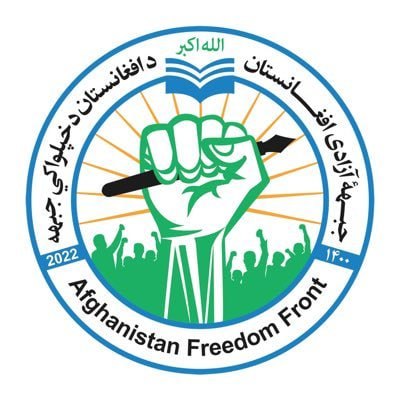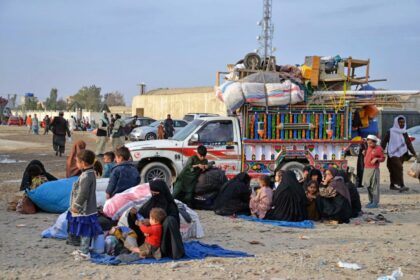RASC News Agency: The Afghanistan Freedom Front (AFF) has asserted responsibility for a coordinated nighttime guerrilla operation in Kunduz province, reportedly resulting in the deaths of two Taliban fighters and injuries to two others. According to an official statement released on Thursday, July 17, the strike took place on Wednesday night in the Bandar-e-Kabul area within the first security district of Kunduz city. Accompanying the announcement, the AFF published video footage purportedly capturing the moment of the assault, underscoring their continued capacity to mount targeted attacks against the Taliban’s increasingly fragile control. The Front claimed its forces withdrew without sustaining any casualties.
Local Taliban officials in Kunduz have so far maintained a conspicuous silence regarding the incident, consistent with their habitual refusal to acknowledge or comment on armed opposition activities. This deliberate omission forms part of a broader strategy to downplay the growing insurgent threats undermining the regime’s narrative of consolidated authority. This operation marks the second such offensive claimed by the Afghanistan Freedom Front in Kunduz within a single week. A prior communique from the group alleged the killing of two Taliban fighters in a similarly executed raid days earlier.
The United Nations has corroborated, through independent assessments, that the Afghanistan Freedom Front stands as one of the principal organized armed resistance factions actively contesting Taliban dominance across various Afghan provinces. These insurgent groups persist with sporadic but strategically significant hit-and-run tactics, exposing the Taliban’s failure to establish comprehensive security or legitimacy since their August 2021 seizure of power. Security analysts observe that the resurgence of guerrilla warfare reflects the Taliban’s inability to govern effectively or command the loyalty of the broader populace. The enduring armed resistance represents a profound rejection of the Taliban’s oppressive ideology and authoritarian governance, particularly among former security personnel, marginalized ethnic groups, and politically disenfranchised youth.
While the Taliban regime continues to assert control, the mounting insurgent attacks reveal the depth of the regime’s vulnerabilities politically, socially, and militarily. These persistent conflicts not only impede any prospects for national reconciliation but also perpetuate the cycle of violence and instability crippling Afghanistan’s future. In sum, the Afghanistan Freedom Front’s operations in Kunduz serve as a stark reminder that the Taliban’s grip remains tenuous and contested, highlighting the urgent need for inclusive governance and genuine peace initiatives in the war-torn nation.






